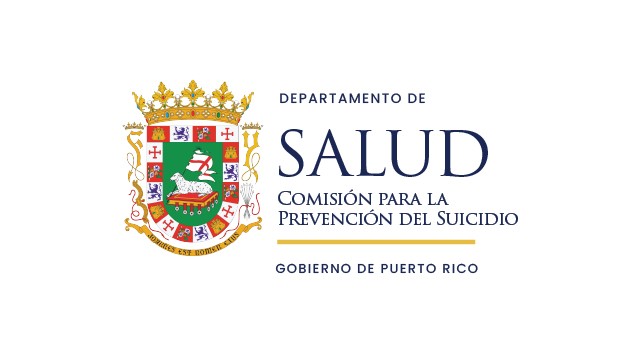Actividades y material educativo
Ayudando a alguien en riesgo de suicidio
¿Cómo identificar el comportamiento suicida?
Señales de peligro en la niñez
- Changes in eating habits
- Sleep disorder
- Passive, withdrawn behavior
- Aggressive behavior
- Fear of separation
- Personality changes
- Mood changes
- Little interest in school
- Saying you want to die or talking about death
- Absence of friends
- Acts of self-harm (hitting their head or scratching themselves until they hurt themselves, etc.)
- Exposure to risk or dangerous situations
- Constant domestic accidents
- Calls for attention from parents or teachers with a humiliating character
Danger Signs in Adolescence
- Depressed mood
- Loss of interest in activities you once enjoyed
- Weight gain or loss
- Fatigue
- Feelings of guilt
- Difficulty concentrating
- Insomnia
- Obvious changes in behavior
- Aggressive or extremely passive behavior
- Neglect of physical appearance
- Low academic achievement
- Withdraws from friends and family
- Expresses thoughts of death or suicide
- Drug and/or alcohol use
- Difficulty eating and/or sleeping
- Give away favorite belongings
Danger Signs in Adulthood
- Verbalizations that express the idea or possibility of suicide
- Isolation from friends and family
- Increase in alcohol and/or drug use
- Personality changes
- Chronic insomnia
- Abandoning treasured belongings or closing/fixing matters
- Exhibiting uncharacteristic intense negative emotions
- They report feeling alone, isolated, and unable to point it out or solve it
- Frequent crying
- Loss of interest in sex
- Little or excessive appetite
- Palpitations, headaches, breathing difficulties
- It expresses feelings of helplessness, boredom, worthlessness, failure, loss of self-esteem, hopelessness.
- Loss of a significant person or something important: job, possessions.
Danger Signs in Older Adults
- Isolation
- Alcohol or drug abuse
- Difficulty eating or sleeping
- Give away your most prized possessions
- Closes matters, visits or calls people to say goodbye
- You have definite ideas about how to take your own life
- He goes over and over problems that seem to have no solution
- Expresses ideas about wanting to die or being a nuisance or "burden" to their family
- Drastic personality changes
¿Cómo puedo actuar? ¿Qué puedo evitar?
Most people who attempt suicide show clear signs of their intentions. These signs, such as verbal threats or changes in behavior, should be taken seriously. Knowing how to act correctly in these situations can make the difference between saving a life or putting it at greater risk. Below are the actions that should and should not be taken in the face of a suicide threat.
Correct Ways to Act
Wrong Ways to Act
Additional resources
Learn about our options for additional resources available.



